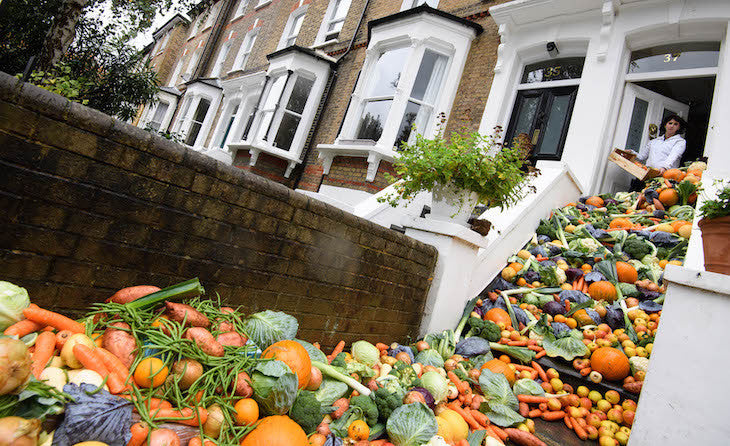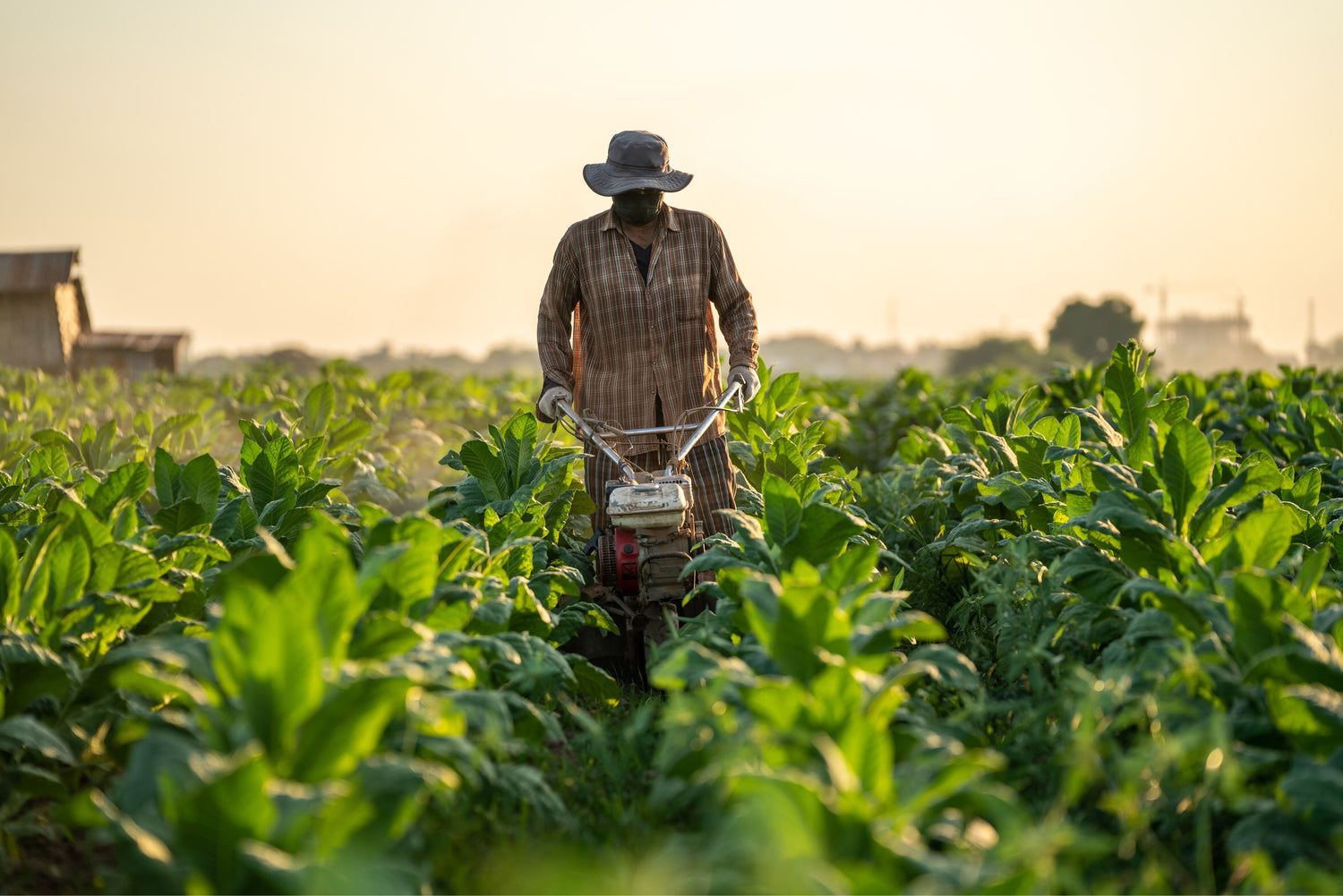
Food waste reduction saves you money and also helps reduce emissions thus helping with climate change. This article will give you a number of actionable steps to help you with the journey to reduce your food waste.
Reduce Your Food Waste
1. Reduce your usage of packaging Packaging is a complex area to reduce as it is an outcome of the need to keep food safe for consumers. The most obvious option to reduce packaging is to choose alternative packaging such as glass or plastic for packaging fruits and vegetables, or reusable containers for bulk items such as grains or beans. This can also be an opportunity to reduce waste, as many waste services companies will take food waste. 2. Re-use packaging Re-using packaging in the most cost-effective way. For example, using cardboard boxes instead of plastic bags will reduce food waste and may also reduce the risk of environmental pollution. Another option is to use the resealable plastic bags from your grocer to store perishable goods in.
Plan Your Meals Ahead
Don't forget to plan your meals ahead to get maximum efficiency. In most cases, what you have left from the previous day will be more than enough for a meal for the next day. This reduces waste and saves you money. Choose Bulk Bags Yes, we have all been there. We have got carried away and bought loads of produce thinking we need to use it all in a short space of time, only to find that we just throw it away. Bulk buying is not just about saving money but also helping to reduce waste. Buying in bulk can be a tricky option but it is worthwhile considering the environmental benefits. Think About Preparing By Cooking From Scratch Dinner time can be a real headache in households across the globe, and when this can take place without the use of a microwave it seems to make it even worse.
Make A List Before You Shop
This sounds very basic, but you'd be surprised how many people shop without a list. While you don't have to write your list out in front of you, it's helpful to write it down and make sure that you stick to it. Make a short list of everything that you need for a meal or that you want to cook. This will be helpful if you don't have a lot of room in the refrigerator, but if you have a full fridge you can choose to buy one extra thing that can be made into an extra meal. Be sure to label the things in your fridge and freezer. Clean Out Your Fridge Before You Go Out And Cook If you are going out and need to leave a meal in the fridge, the best way to do this is to clean out your fridge before you leave.
Make A List Of What You Have
Write down everything that is in your fridge that is not on your dinner plate today. This is important for us to take a quick inventory. The excess food in our fridges could be someone’s main course for the week! Asking ourselves, what would I do with all this food? will help to reduce the amount of food we throw away. Next, review the food that is in your fridge. Use the items in the fridge to make a meal for you and your family for the rest of the week.
Track Your Food Waste
It is important to track how much food you throw away in a given month and what foods that you consider to be safe to throw away. If you are able to reduce your food waste by just 50% you will save $150 per year which is an astonishing sum when you start factoring in the environment value. Reduce Your Food Waste And Reduce Your Carbon Footprint Reducing your food waste is something that has a global impact. Let’s look at the following two facts: The average person will throw away 100 pounds of food per year in the United States. This represents a large carbon footprint. 50% of all the food that is produced in the world is never eaten. This represents waste and pollution. In the United States, the average person wastes $2,275 worth of food annually.
Get In The Groove
You should eat food from your fridge before it goes bad. Doing so will reduce your need to throw away food as much as possible. You should also use up leftovers within a day or two. A week of leftovers after a major meal can give bacteria an even bigger opportunity to grow. As soon as food starts to go off, toss it in the trash. If food is past its best, eat it now or find a different way to use it. Give extra food away. For example, if you are going to get a delivery and only have the produce box left, place the contents of the box on your front porch or in the driveway for anyone to take. Alternatively, give the food to your dog walker and neighbors. However, consider whether or not you really want to part with it.
Store Your Food Properly
A lot of people have been stressing about how to save money this holiday season. I'm here to tell you that you don't need to live on ramen noodles or low-quality packaged foods. Most of the waste I have encountered in my time as a banker, was caused by the act of not properly storing the items I purchase, thus making me go without them. I call this the age old question: "What should I cook for dinner?" For me, this question should actually become: "What can I cook that's better than the food I already have on hand." When you are grocery shopping, you should plan out what meals you are going to prepare. You will spend less money because you are not impulse shopping. You are actually using your time in the kitchen and in the kitchen.
Make A Supermarket List
Organise your food shopping and be creative with your choice. Ask your butcher to debone a chicken that is past its use-by date. Thaw an unsold piece of meat before you buy. Prepare your food when you get home so it's fresher than if you had bought it before you went shopping. Eliminate packaging Stop buying food that comes in the plastic packaging. Buy meat and vegetables with loose packaging. Buy meat and vegetables with natural labels. Buy fruit with loose packaging. Avoid putting items in plastic packaging or glass jars. Cook and serve food on individual plates. Buy eggs in the shell and if they're already opened get them from a friend. Get a paper trimmer to cut the bottom off soft food packaging. Use a foodie tote to buy pre-washed veg and fruit.
Keep Your Fridge Clean
Food waste costs us around £2 billion a year which is why keeping your fridge free from food waste is one of the easiest ways to save money. One of the most effective ways to cut down on your food waste is to avoid buying food you can't eat. As an example, if you can't eat something that is too far away from its best before date, don't buy it, just buy something that will last you longer. Make a habit of not leaving anything in your fridge that is past its best-before date and you will drastically reduce your food waste. Get Creative In the Kitchen It is often the small changes that can make a massive difference. One of the easiest ways to reduce food waste is to change your cooking habits.
Conclusion
Waste reduction is a topic that needs to be discussed, but it needs to be done right. It needs to be talked about as people’s livelihood is dependent on the decision making of others. Too often the social aspect of the environment is ignored or misunderstood and we have a long way to go in order to bridge the gap. This journey will help you reduce your impact on the planet and your pocket book at the same time. It’s not going to be easy to become a zero wasteer, but it’s a worthy goal and this article is one of many in the journey to accomplish it. By now you’re probably wondering what exactly does it mean to be a zero waste consumer. If you are ready to take on the challenge, you will need to understand what goes into the waste stream and why you need to reduce the waste you generate.







